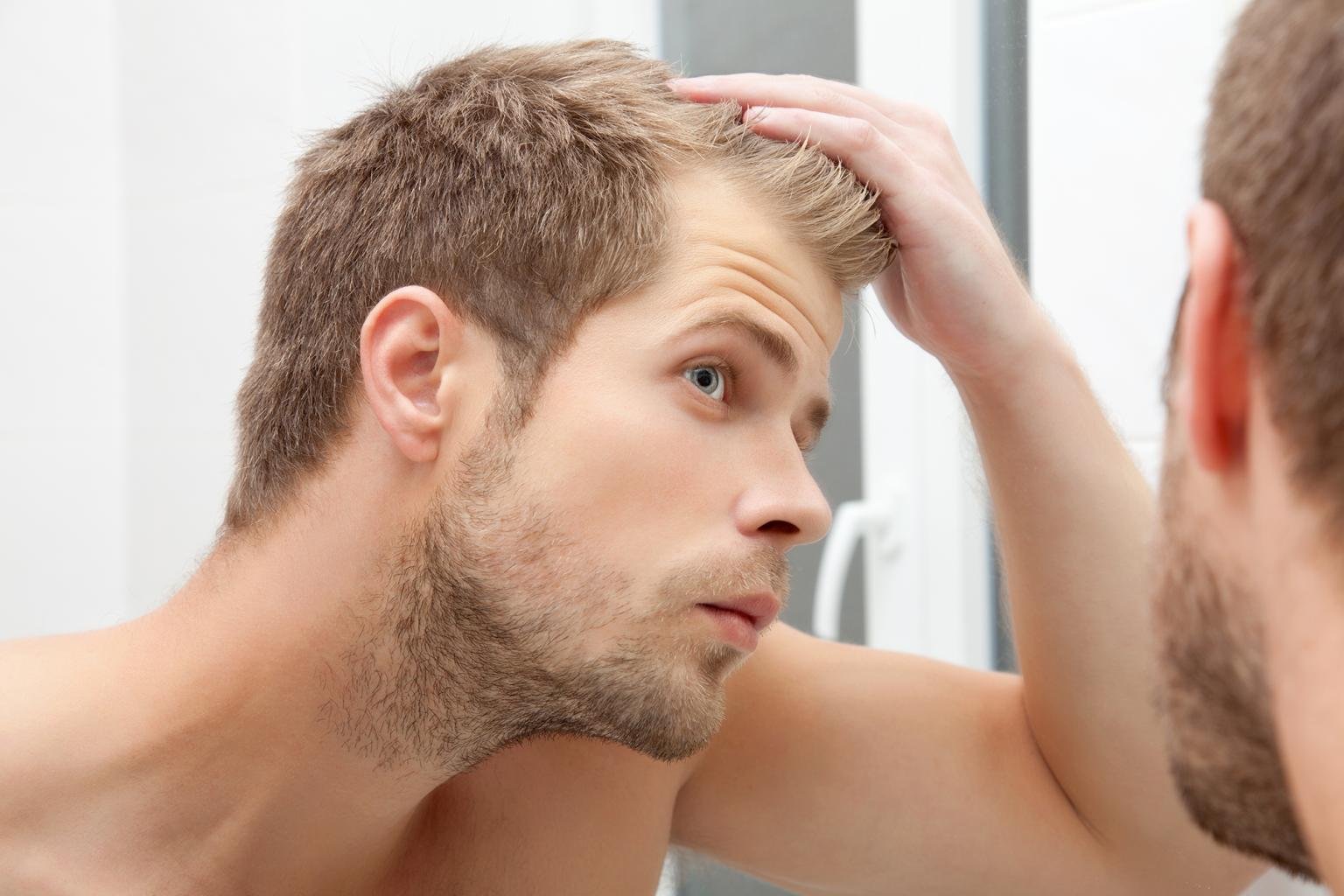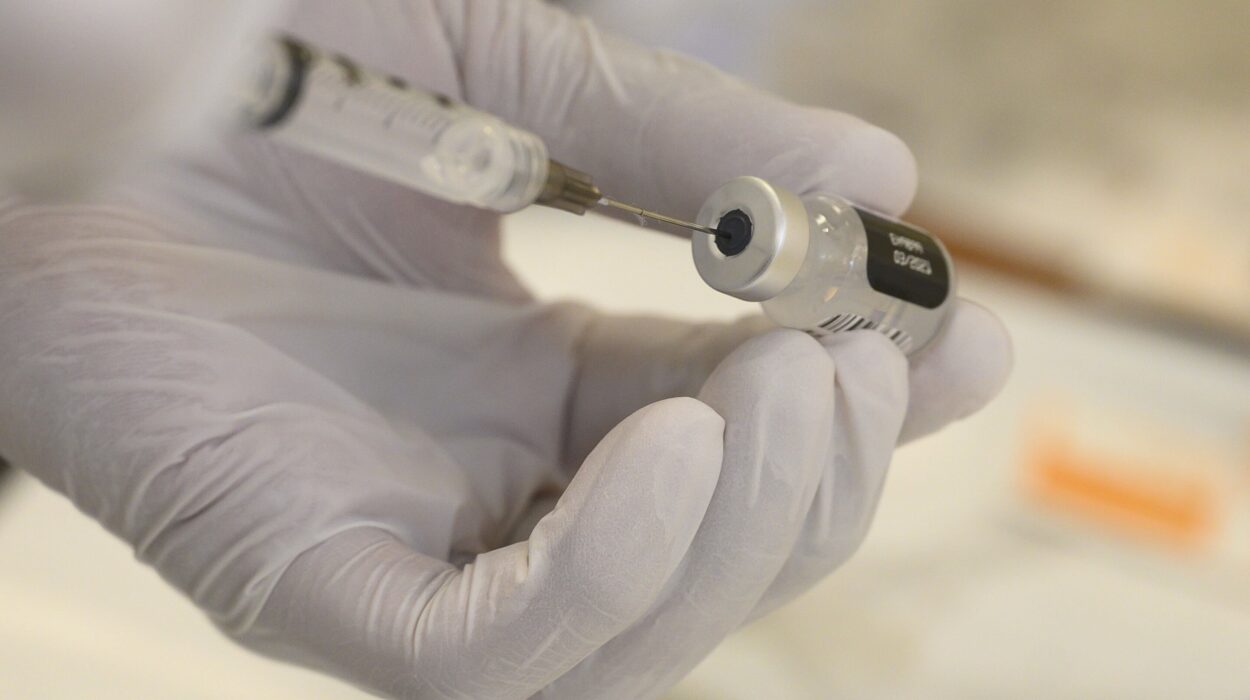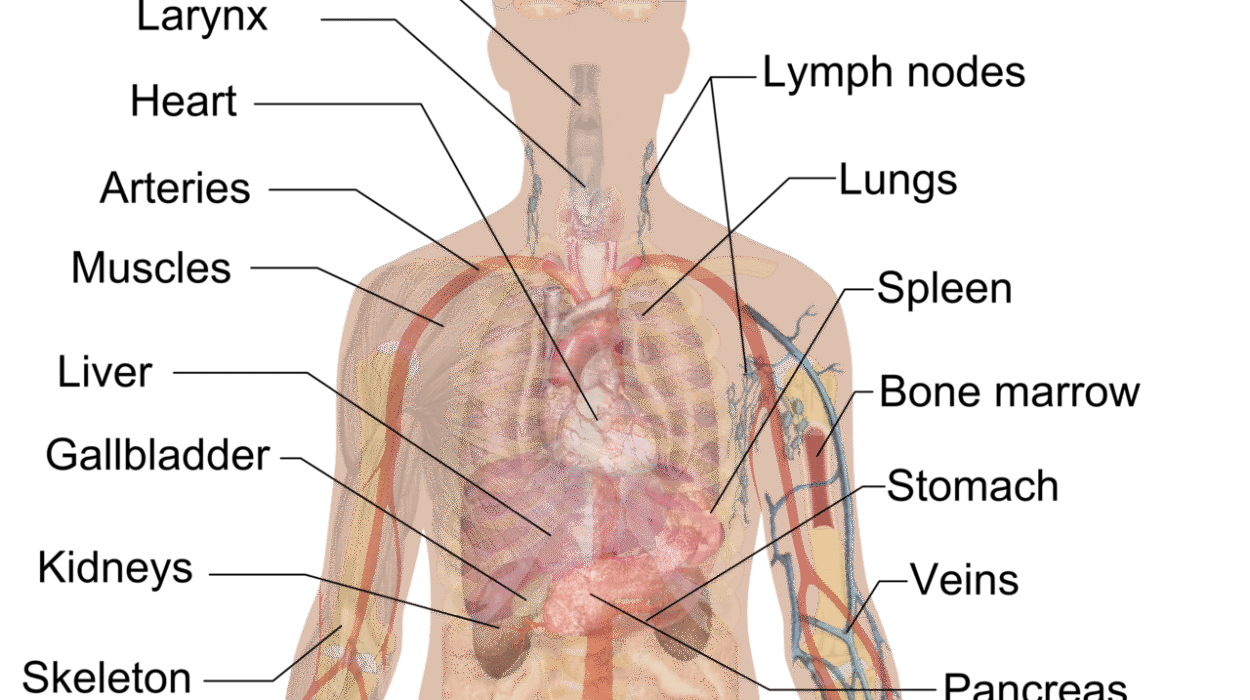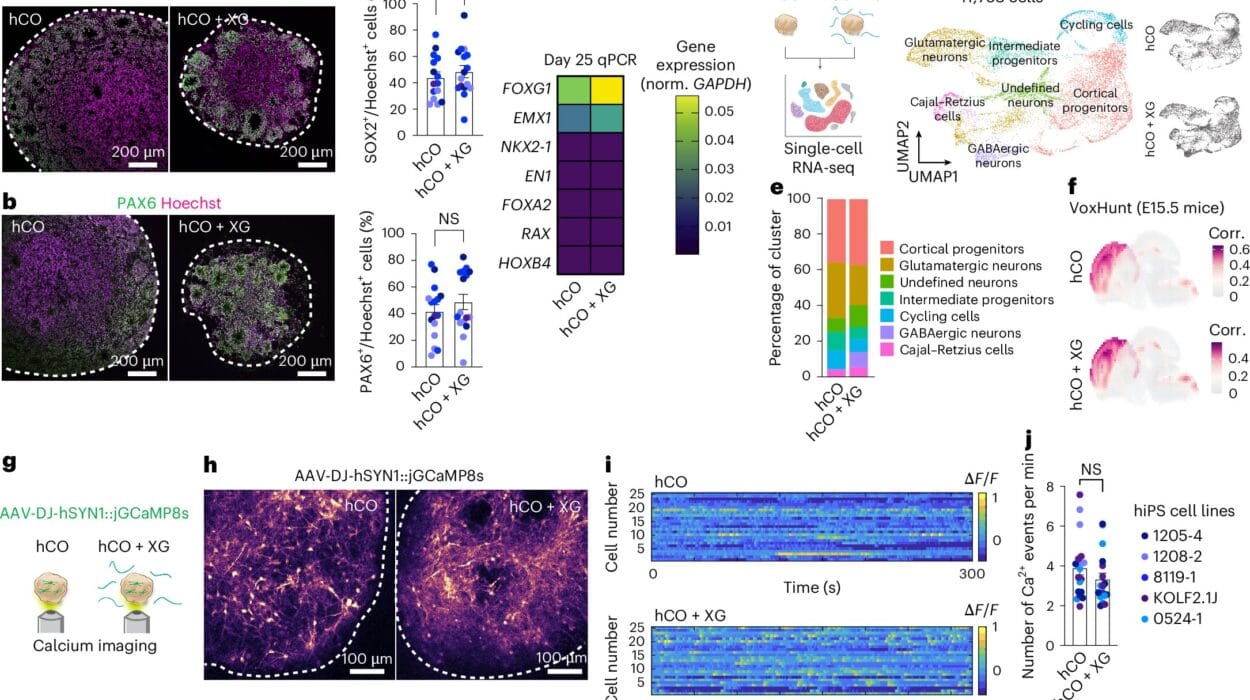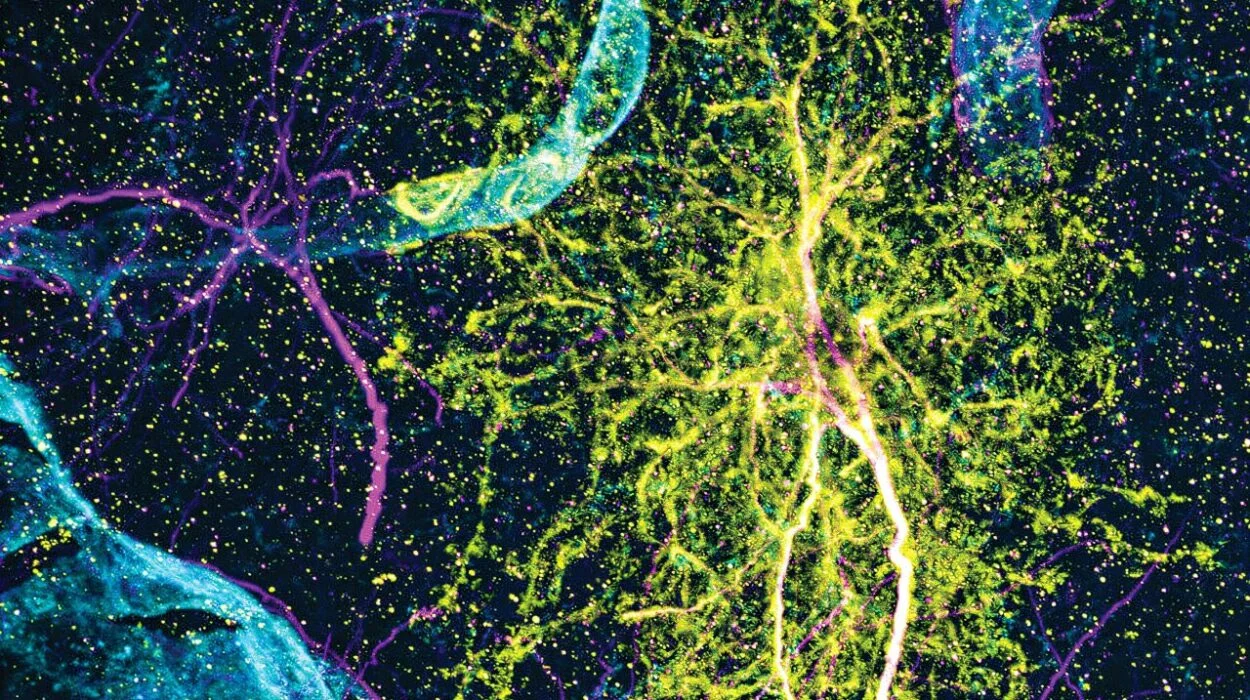For centuries, men have cared about their outward appearance—sometimes openly, sometimes silently. In every culture, a man’s hair and skin have served as signals of vitality, strength, and even status. Shiny, strong hair can suggest youth and resilience; clear, firm skin can reflect energy and confidence. Yet behind these visible traits lies something deeper: the story of what fuels the body.
Diet is not simply about calories or filling hunger—it is the foundation of health. Every bite sends messages to the body, providing the building blocks for cells, hormones, and tissues. The skin, the body’s largest organ, and hair, a visible product of complex biological processes, both reveal what is happening beneath the surface. Poor nutrition may take time to show its consequences, but eventually, it etches itself into thinning hairlines, dull skin, or premature wrinkles.
The truth is simple yet profound: what men eat directly shapes the health of their hair and skin. To understand this connection, we need to dive into biology, examine the role of nutrients, explore the dangers of modern diets, and uncover how men can harness food to cultivate resilience, vitality, and lasting confidence.
The Biological Foundation: How Food Fuels Hair and Skin
Hair and skin are not superficial decorations. They are living, dynamic systems that rely on constant nourishment. Skin cells regenerate roughly every month, and hair grows about half an inch each month—both processes requiring energy, proteins, fats, vitamins, and minerals.
Hair is primarily made of keratin, a strong protein that depends on amino acids from dietary protein. Beneath the skin, the dermal papilla feeds hair follicles with nutrients carried by blood vessels. Without sufficient nutrition, hair enters a resting phase, growth slows, and strands may shed prematurely.
Skin, meanwhile, is a protective barrier, shielding the body from pathogens, UV radiation, and environmental toxins. It consists of multiple layers: the epidermis (outer), dermis (middle), and subcutaneous tissue (inner). The epidermis constantly renews itself, while the dermis houses collagen and elastin, proteins that keep skin firm and youthful. These processes are energy-intensive, requiring a steady supply of vitamins, antioxidants, and healthy fats.
Thus, the health of hair and skin is never random. It reflects whether the body is nourished or depleted, balanced or inflamed.
Protein: The Building Block of Strength
Protein is central to men’s hair and skin health. Hair follicles rely on keratin, while skin depends on collagen and elastin—both protein-based. Men who consume adequate lean protein—such as fish, poultry, eggs, legumes, or nuts—support strong hair shafts and resilient skin.
When dietary protein is lacking, the body prioritizes vital organs over hair and skin. This can result in thinning hair, brittle strands, and sagging skin. Research shows that men with protein deficiency often exhibit hair loss, slower wound healing, and reduced skin elasticity.
Collagen, in particular, plays a critical role. It is the most abundant protein in the human body, forming the scaffolding of skin. Men naturally have thicker collagen density than women, which partly explains why male skin tends to age more slowly. However, collagen production declines with age, and diets lacking sufficient protein or vitamin C can accelerate this decline, leading to wrinkles and dullness.
Healthy Fats: Nourishment for the Surface and Below
For decades, dietary fat was unfairly demonized, yet science now confirms its vital role. Healthy fats—particularly omega-3 fatty acids—are essential for both hair and skin.
Omega-3s, found in fatty fish (salmon, mackerel, sardines), walnuts, and flaxseeds, reduce inflammation, promote scalp circulation, and keep skin supple. Deficiency can manifest as dry scalp, dandruff, and inflamed, irritated skin.
The skin’s natural barrier, known as the lipid layer, relies on fats to lock in moisture. Without sufficient intake of healthy fats, men may experience rough, flaky skin, premature fine lines, or chronic dryness.
On the flip side, unhealthy trans fats and excessive omega-6 fats (from fried foods, processed snacks, and seed oils) can trigger inflammation. This chronic, low-grade inflammation is linked to acne flare-ups, dullness, and hair thinning.
Vitamins and Minerals: The Micronutrient Symphony
Micronutrients may be required in small amounts, but their impact on men’s hair and skin health is immense.
- Vitamin A supports cell growth and regulates sebum production. Too little can lead to dry hair and skin; too much can cause toxicity and even hair loss.
- Vitamin C is a powerful antioxidant that neutralizes free radicals and stimulates collagen production, keeping skin firm and preventing oxidative damage to hair follicles.
- Vitamin D, often called the “sunshine vitamin,” is vital for hair follicle cycling. Deficiency has been strongly associated with alopecia (hair loss) and dry, itchy skin.
- Vitamin E acts as a skin protector, reducing oxidative stress, improving moisture, and preventing scalp inflammation.
- Biotin (Vitamin B7), though often overhyped, is indeed crucial for keratin production. Biotin deficiency can result in brittle hair and rashes.
- Zinc regulates oil production and supports wound healing. Deficiency commonly causes hair loss and acne outbreaks.
- Iron delivers oxygen to hair follicles. Men with iron deficiency (less common than in women, but still possible) may experience shedding or brittle hair.
- Selenium acts as an antioxidant and helps regulate thyroid hormones, which influence hair growth and skin health.
Together, these nutrients form a symphony, and when one instrument is missing, the harmony of hair and skin begins to falter.
The Role of Hydration
Water is perhaps the most overlooked “nutrient.” Skin is about 64% water, and hydration is critical for elasticity, tone, and radiance. When dehydrated, skin loses plumpness, becoming more prone to wrinkles and dullness.
Hair is also affected—dehydration weakens hair shafts, leading to breakage and frizz. Men who hydrate adequately often notice smoother skin, fewer fine lines, and shinier hair. While hydration alone will not cure major skin conditions, it magnifies the effects of good nutrition.
The Dark Side of Modern Diets
While traditional diets emphasized whole foods, modern eating patterns—heavy in fast food, processed snacks, sugar, and alcohol—often sabotage men’s hair and skin health.
High-sugar diets fuel glycation, a process where sugar molecules bind to collagen and elastin, weakening them and accelerating wrinkles. Refined carbs spike insulin, increasing androgen hormones that stimulate excess sebum production, leading to acne.
Excess alcohol dehydrates the skin, dilates blood vessels (causing redness), and damages collagen. Smoking compounds this damage by constricting blood flow to hair follicles and generating free radicals that prematurely age skin.
Fast food diets rich in unhealthy fats worsen systemic inflammation, weakening skin barriers and triggering hair follicle miniaturization. These modern habits leave visible marks, often earlier than men expect.
Diet and Hormones: The Invisible Link
Hormones are powerful messengers, and diet directly influences their balance. Testosterone, DHT (dihydrotestosterone), cortisol, and insulin all affect hair and skin.
Excess sugar and refined carbs elevate insulin, which disrupts hormone balance and increases androgen activity, contributing to acne and hair thinning. High stress (and poor diet) elevates cortisol, which accelerates collagen breakdown, weakens immunity, and leads to premature aging.
Healthy fats, on the other hand, support testosterone production, essential for hair follicle and skin function. Antioxidant-rich foods help regulate inflammation-driven hormones, keeping skin calmer and hair stronger.
Cultural and Psychological Dimensions
For many men, hair and skin health is not merely cosmetic—it carries emotional weight. Hair thinning or acne-prone skin can affect confidence, relationships, and self-image. In cultures where physical appearance is linked to masculinity or success, these changes can cause deep psychological distress.
Understanding the dietary influence on appearance empowers men with agency. It shifts the narrative from helplessness to proactive care. By improving diet, men not only enhance outward appearance but also strengthen mental well-being and resilience.
Practical Approaches: Nourishing Hair and Skin Through Food
Improving diet does not require perfection or deprivation. It begins with consistent, balanced choices:
- Prioritize lean proteins to fuel keratin and collagen.
- Embrace healthy fats like omega-3s to hydrate skin and nourish hair.
- Load up on colorful fruits and vegetables for antioxidants.
- Stay hydrated with water, herbal teas, and water-rich foods.
- Limit processed foods, sugars, and alcohol that inflame and deplete.
These choices may not transform appearance overnight, but over weeks and months, they accumulate—renewing cells, thickening hair, smoothing skin, and restoring vitality.
The Aging Factor: Diet and Longevity of Appearance
Men often notice changes in hair and skin as they age: receding hairlines, graying strands, wrinkles, and dryness. While genetics play a role, diet strongly influences the pace of these changes.
Antioxidant-rich diets slow oxidative stress, preserving collagen and protecting follicles. Protein and vitamin C maintain skin structure, while omega-3s keep skin elastic. Avoiding excessive sugar prevents premature aging from glycation.
Thus, while aging is inevitable, diet can determine whether it is graceful and resilient—or accelerated and harsh.
Scientific Insights and Ongoing Research
Research continues to illuminate the diet-hair-skin connection. Clinical studies link vitamin D deficiency with male pattern baldness, while others show that Mediterranean-style diets rich in olive oil, fish, and vegetables are associated with fewer wrinkles and better hair density.
Emerging research explores probiotics and gut health, revealing that the microbiome influences skin conditions like acne and eczema. This adds another layer: what men eat not only feeds themselves but also the trillions of microbes shaping their skin’s appearance.
The Future of Men’s Hair and Skin Health
As science advances, nutrition may become personalized. Genetic testing could reveal specific nutrient needs for hair and skin, while biotechnology may create supplements targeted at preventing baldness or reversing wrinkles. Yet even with futuristic possibilities, the foundation will remain timeless: a diet rooted in whole, nourishing foods.
Health, Confidence, and Identity
At the end of the day, diet’s impact on hair and skin is not just biological—it is deeply human. A man who nourishes himself well is more likely to project confidence, vitality, and presence. Healthy hair and skin become reflections of inner care, discipline, and balance.
Food is more than fuel—it is identity, culture, and medicine. For men, choosing nourishing foods is not vanity; it is an act of self-respect and empowerment. Hair and skin may be visible, but they tell the invisible story of how a man treats his body.
Conclusion: The Diet-Driven Path to Resilient Hair and Skin
Hair and skin health in men is not determined by fate alone. Genetics may lay the blueprint, but diet builds the structure. Every protein, vitamin, mineral, and drop of water plays its part in shaping appearance. Every fast-food indulgence or sugar-laden binge leaves its trace as well.
The path to stronger hair and radiant skin is not found in quick fixes or expensive products but in the quiet consistency of daily nourishment. Over time, the results speak through resilience—hair that holds its strength, skin that glows with vitality, and a man who carries himself with the confidence of someone who is well-nourished, inside and out.
